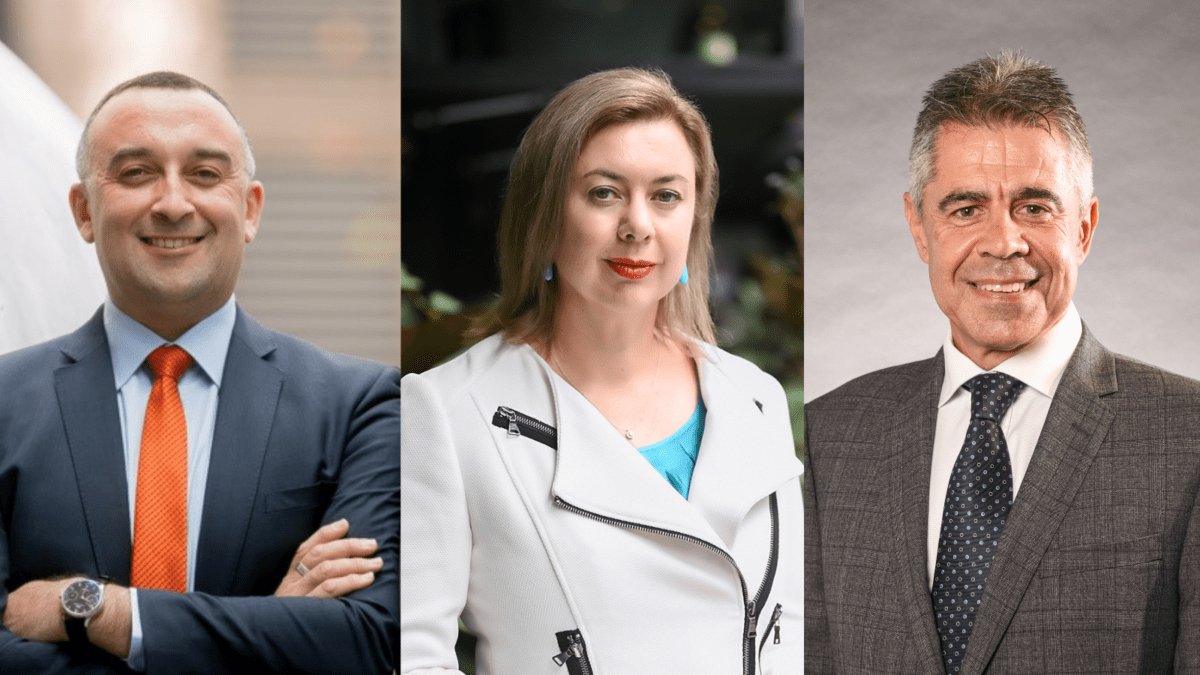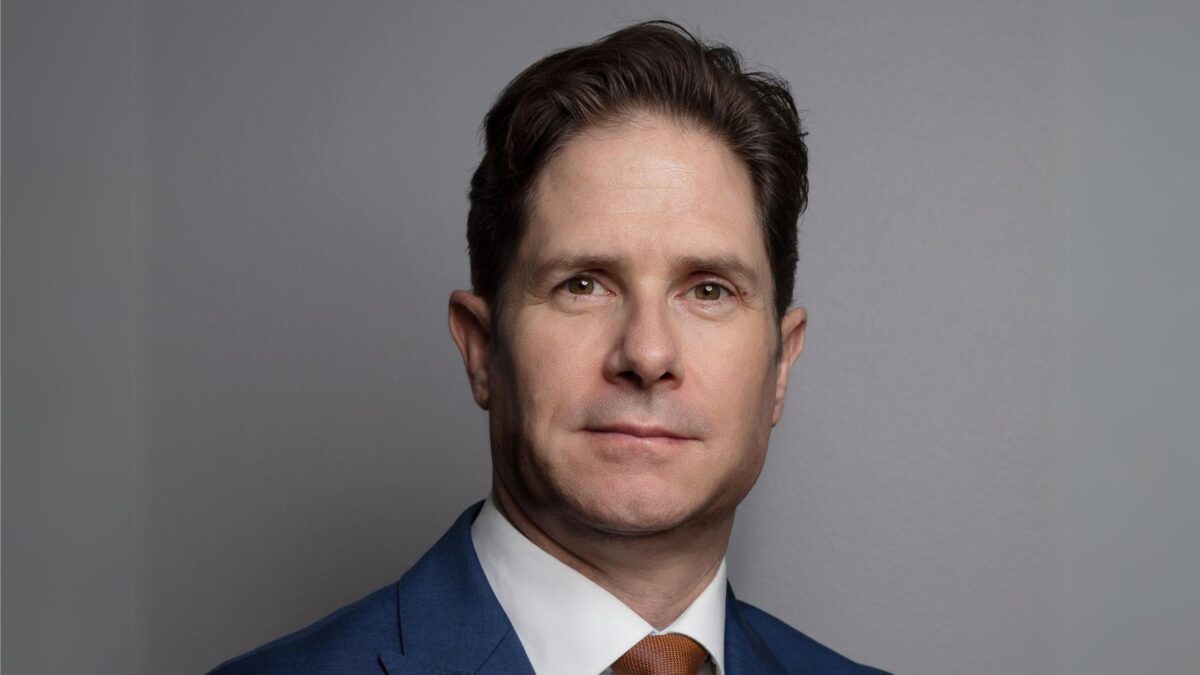As adviser numbers dwindle, pressure turns to industry funds
As the FASEA exam deadline of 1 January 2022 nears, the significant impacts on the financial advice industry continue to garner headlines. According to reports, total adviser numbers have now fallen to below 19,000 with many more set to leave in 2022. Similarly, statistics suggest there are as many as 2 million unadvised clients in Australia amid ahead what some are calling a ‘decumulation bubble’ in which retirees turn to their capital to generate income.
It is the culmination of what seems to be close to 15 years of legislative change in the industry, with an ongoing report by the Australian Law Reform Commission expected to offer some respite from the growing red tape facing advisers. Despite the difficulties, it is clear the financial advice industry is changing for the better, with professionalism growing and, in many cases, old fashioned business models being made redundant.
In recent months the blowtorch has clearly turned towards the massive industry super fund sector, which collectively control in excess of $1 trillion dollars. Whilst the transformation of the advice industry has been painful, it will likely lead to better outcomes, hence the need for it to expand to other parts of the market.
Last week saw the release of regulations which demand greater transparency from the industry super fund sector. Under this legislation they will be forced to disclose where the majority of their underlying investments are being made, equalling the playing field to the financial advice industry. The changes were met with significant consternation, but this will hopefully lead to greater engagement by members.
You could suggest that the lack of engagement, driven by the defaulting of contributions into super funds, was exacerbated by a lack of easy availability of portfolio information, which also has an impact on an unadvised members ability to make sound decisions amid crisis. This may well explain the amount of investment switching that occurred during the pandemic.
In addition to this major change, the corporate regulator announced an investigation into the investment switching of executives and management of a number of industry funds ahead of what were potentially material changes in asset valuations. It is no doubt important that the same rules that apply in one part of the market apply in all parts.
Similarly, news this week that a number of industry funds were seeking amendments to their trust deeds to allow the levying of additional fees to cover potential expenses was likely met with concern by financial advisers. Advisers of course are levied higher fees on their businesses when other advisery firms are being investigated or charged by the regulator, whereas industry funds are seeking to recoup this cost from members.
The issue of course is the unique structure of industry funds in that the management company itself has no capital and therefore could be made insolvent in such events. An extremely complex legal minefield that must be navigated.
Finally, has been the renewed focus by a number of political committees on the massive marketing budgets of the sector during primetime and sporting events. The sector itself clearly has to take a harder line on what constitutes ‘retaining members’ and attracting new members, or even if the constant growth in new members is actually in the best interests of their already large member base.
No one likes change and change is never perfect, but it is clear progress is occurring.











